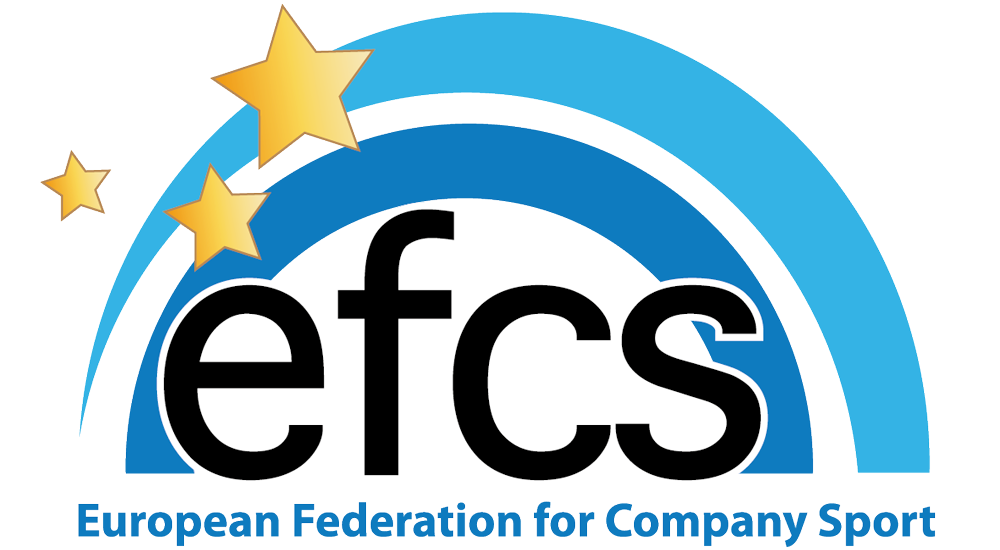Launch
The European Federation for Company Sport is very active in various areas. One of these areas are the EFCS/Erasmus+ programmes. Four programs were or are led by EFCS, and in four others, EFCS is a partner.
In the latter category, the ScforH program was launched in Zagreb on the 7th of February 2020. The first meeting was held in the premises of the Faculty of Kinesiology in the presence of several Croatian sport federations and public authorities. This project led by the Faculty of Kinesiology of the University of Zagreb gathers a consortium of 18 partners from all over Europe and even beyond.
Objective

The aim is to create mechanisms for continuous implementation of the Sports Club for Health guidelines in the European Union. The overarching objective of this project is to increase participation in sport and HEPA in EU by encouraging sports clubs and associations to implement SCforH principles in their activities.
History
The 3 year SCforH project is in fact the logical outcome of an idea that originated in 2008 by our former board member Jorma Savola and the Croatian prof. Stjepan Heimer. Since, a SCforH working group has been operating as part of the European Network for the Promotion of Health-Enhancing Physical Activity (WHO/HEPA Europe) and has produced in 2011 the first book of SCforH guidelines and in 2017 an updated version. What is the role of EFCS?
What is the role of EFCS?
EFCS will help realising following goals:
1. Developing the SCforH online learning tool based on the experience gained from successful SCforH initiatives
a. Identify examples of good practices
b. Select the most relevant information about SCforH movement, principles and implementation strategies
c. Create a database of SCforH initiatives
d. Develop SCforH online learning tool
2. Providing training on SCforH principles and implementation strategies to representatives of sport associations and sports clubs in Europe
a. Update the database of sport associations
b. Encourage sport associations to complete the SCforH online learning course
c. Encourage sport associations to disseminate the SCforH online learning tool
d. Conduct a survey among sport associations
List of partners :
1. Institute of Sport Science, Karl-Franzens University of Graz, Austria
2. Physical Activity, Sports & Health Research Group, Catholic University of Leuven, Belgium
3. Faculty of Physical Culture, Palacky University, Olomouc, Czech Republic
4. Department of Teacher Education, University of Turku, Finland
5. Faculty of Sport and Health Sciences, University of Jyvaskyla, Finland
6. Finish Olympic Committee
7. The Sports Faculty, University of Lorraine, France
8. German Gymnastics Association
9. Hungarian School, University and Leisure Sport Federation
10. Department of Sport and Health Science, Athlone Institute of Technology, Ireland
11. Gaelic Athletic Association, Ireland
12. Faculty of Sport and Physical Education, University of Belgrade, Serbia
13. School of Health and Medical Sciences, Orebro University, Sweden


